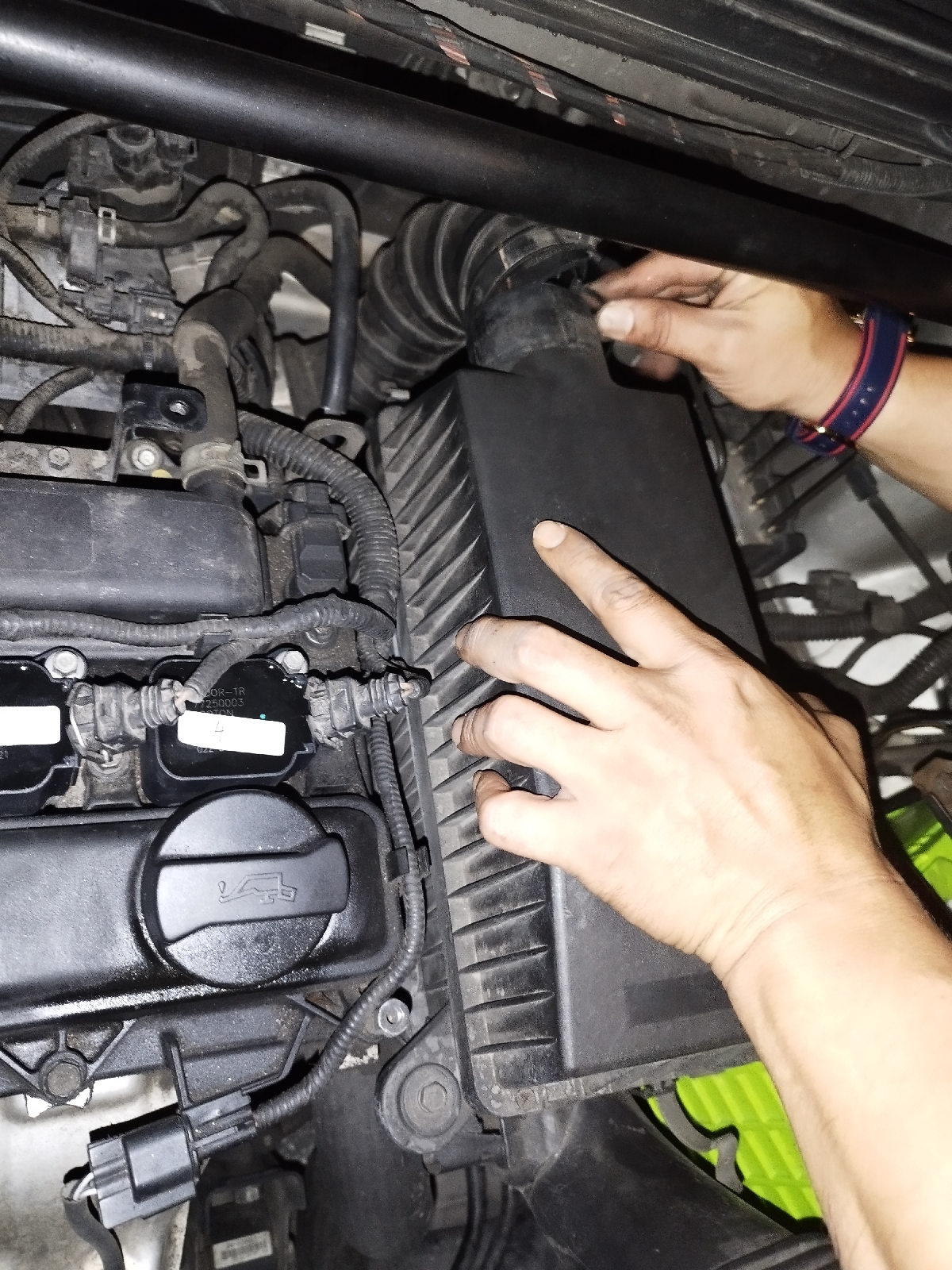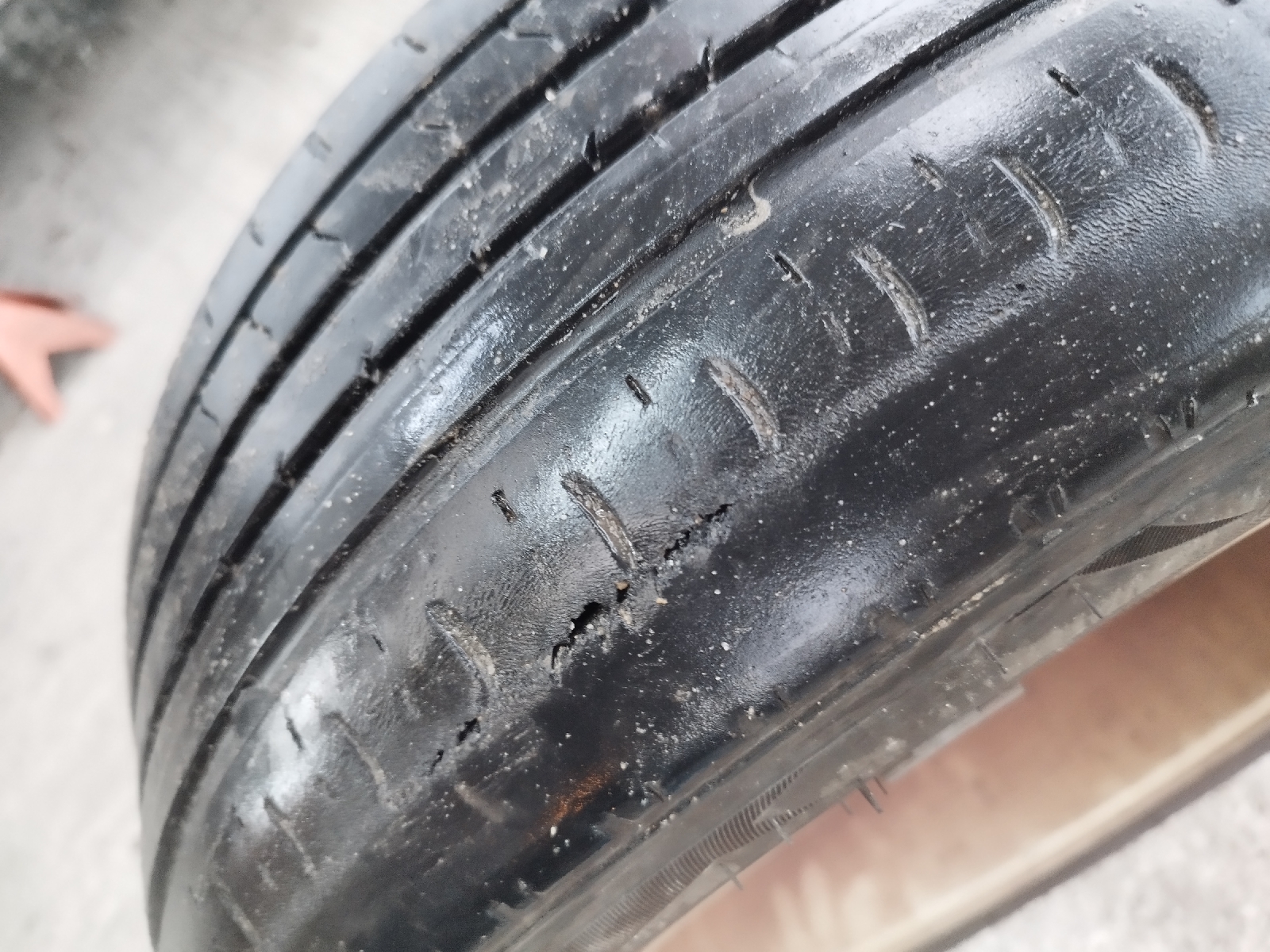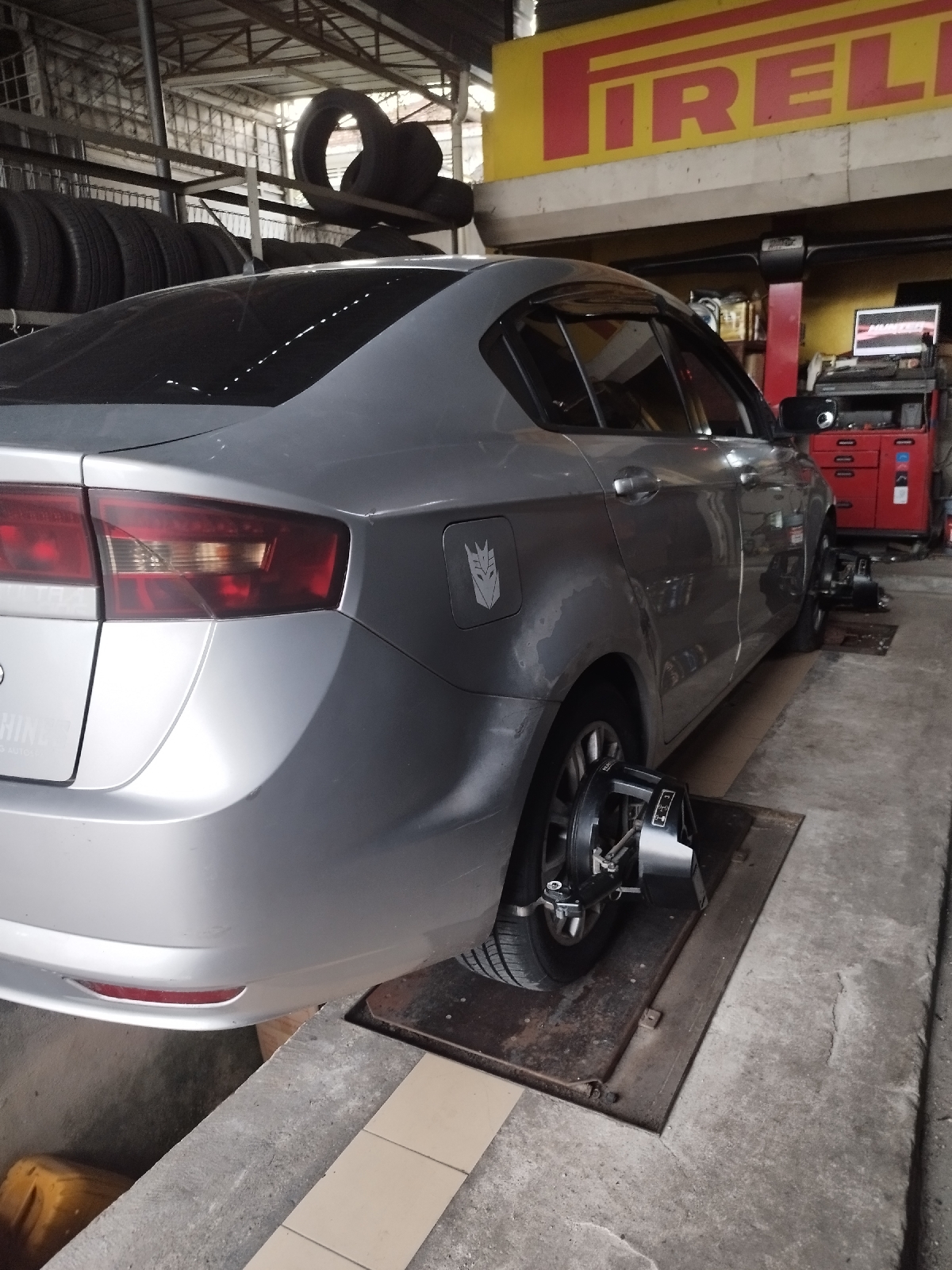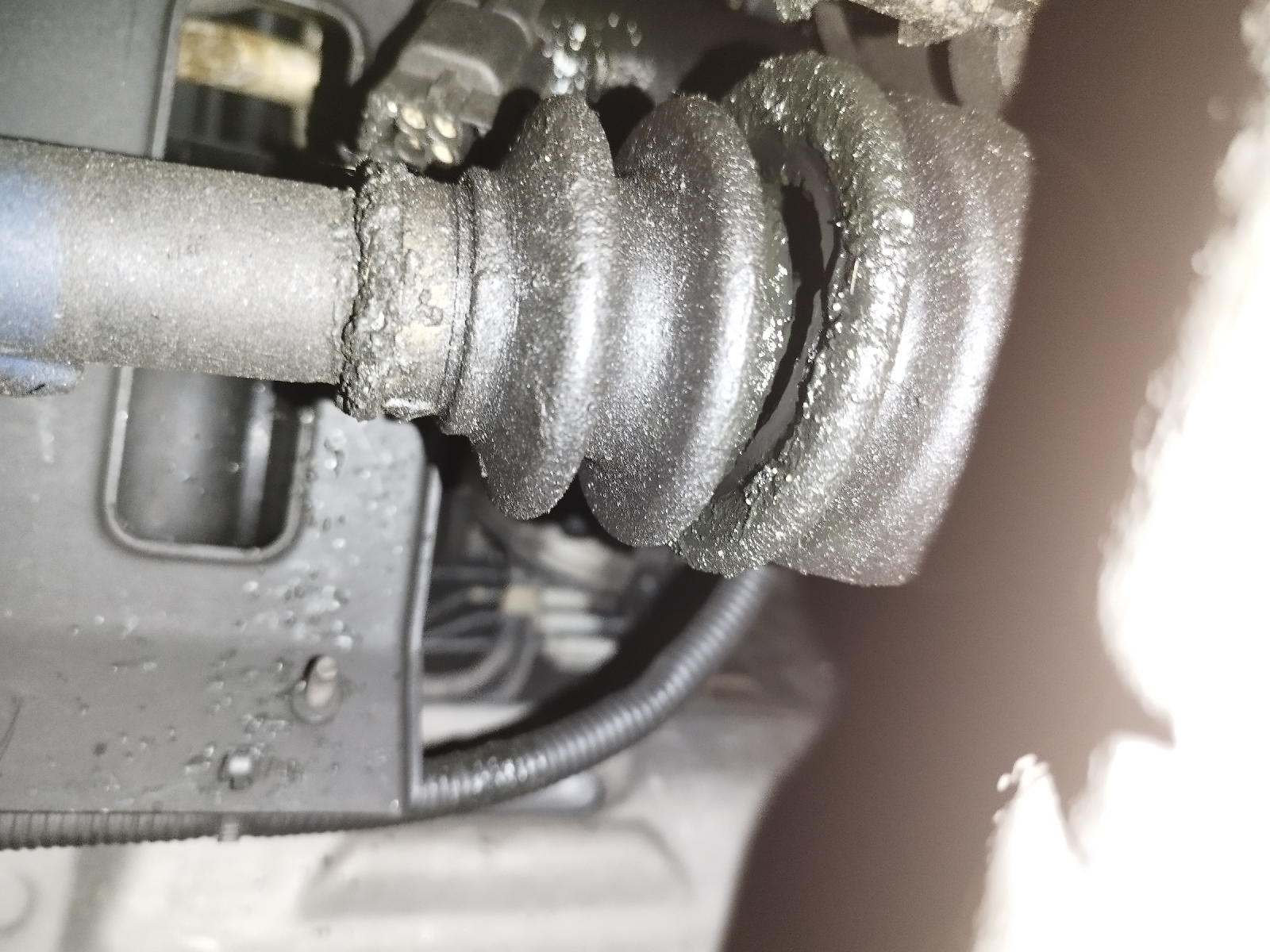5 Car Sensors and Their Impact on Fuel Efficiency:
1. Oxygen Sensor.
The oxygen sensor measures the amount of unburned oxygen in the exhaust gases. A faulty oxygen sensor can lead to an incorrect air-fuel mixture, resulting in either a rich or lean condition. Both scenarios can significantly decrease fuel efficiency.
2. Mass Airflow Sensor (MAF).
The MAF sensor measures the amount of air entering the engine. An inaccurate reading can disrupt the air-fuel mixture, leading to incomplete combustion and reduced fuel economy.
3. Throttle Position Sensor (TPS).
The TPS monitors the throttle position. A malfunctioning TPS can provide incorrect information to the ECU, affecting the air-fuel mixture and causing the engine to run inefficiently.
4. Fuel Pressure Sensor.
This sensor measures the fuel pressure in the system. An inaccurate reading can lead to an incorrect fuel-to-air ratio, resulting in decreased fuel efficiency and potential engine damage.
5. Temperature Sensor
The engine temperature sensor monitors the coolant temperature. An incorrect reading can affect the engine's combustion process, leading to suboptimal fuel efficiency and potential engine damage.



















































